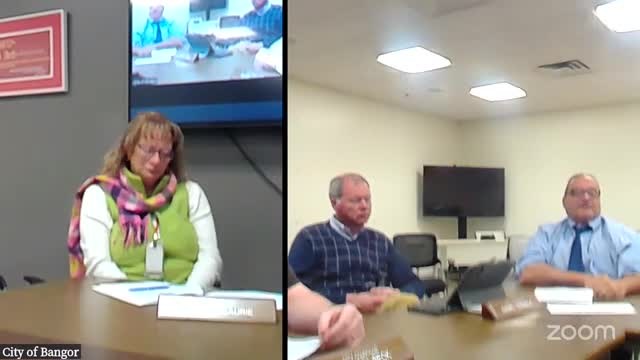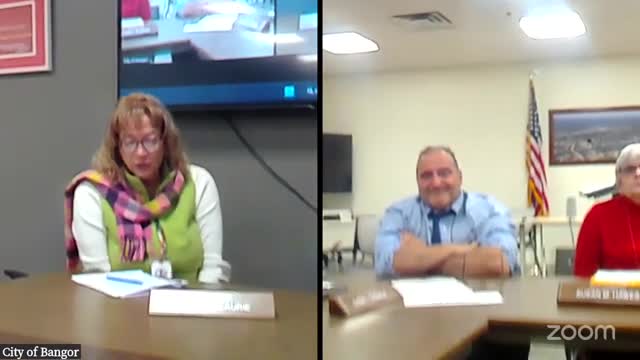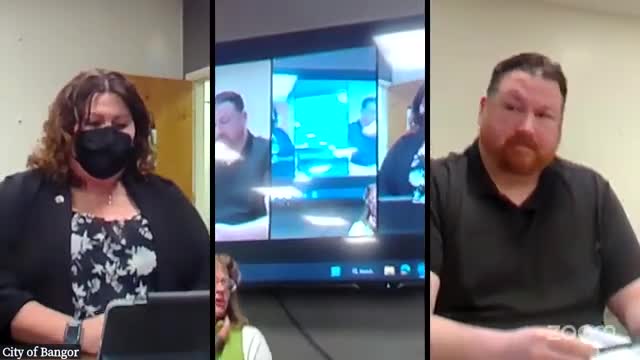Article not found
This article is no longer available. But don't worry—we've gathered other articles that discuss the same topic.

Bangor council, legislators discuss reuse of state property and mall redevelopment as housing priorities

Delegation, council seek stronger statewide support for shelters, street medicine and syringe cleanup

